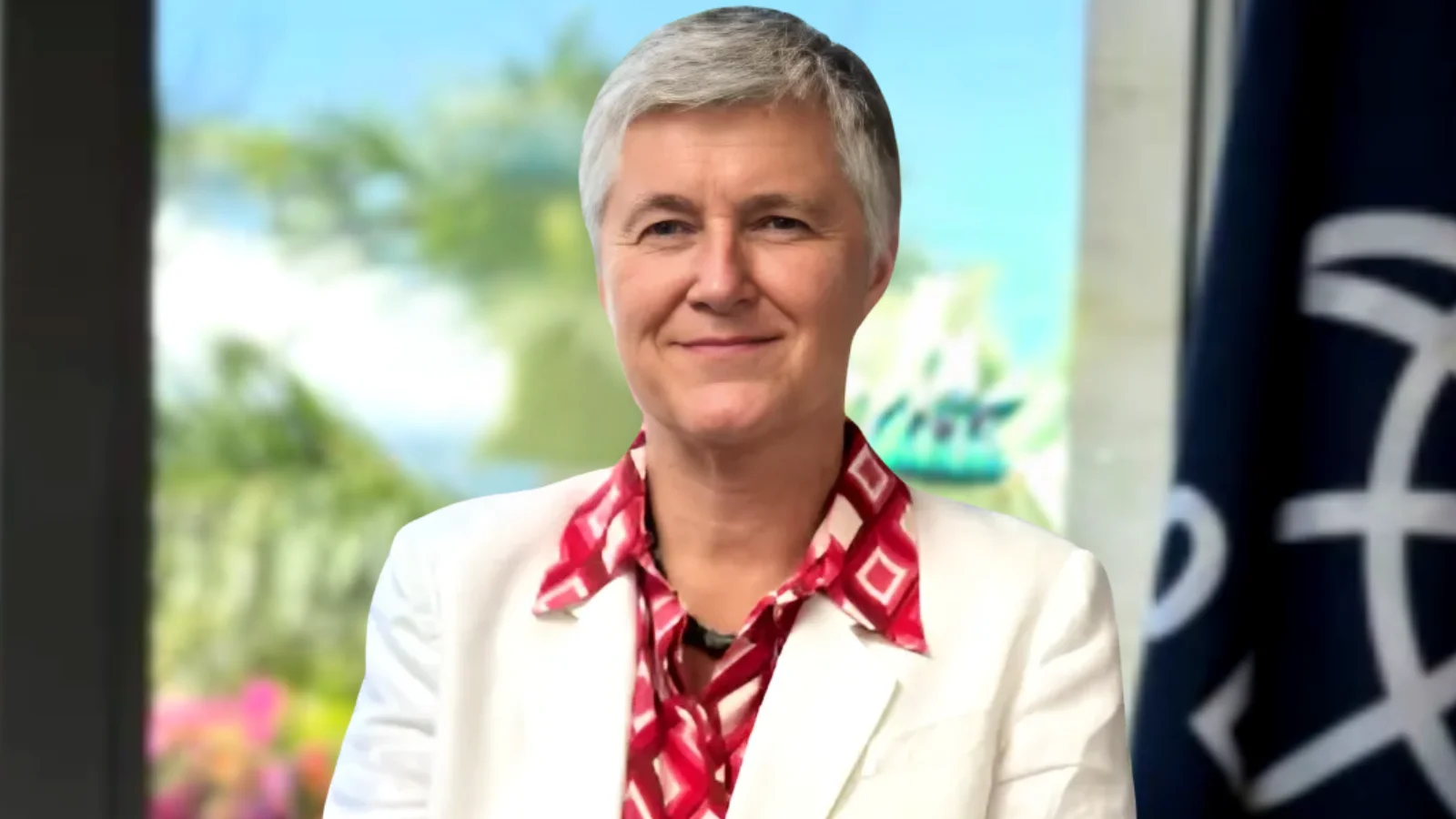The World Bank has approved a US$350 million loan to support El Salvador’s efforts to improve fiscal sustainability and increase its ability to respond to natural disasters and climate change. Of the total amount, US$100 million is designated for a Catastrophe Deferred Drawdown Option (Cat DDO), which can be accessed following an official emergency declaration related to natural or health-related disasters.
This operation is the first in a planned series of three and aims to help El Salvador stabilize its economy and strengthen public finances. Jerson Posada, Minister of Finance of El Salvador, stated, “El Salvador has taken decisive steps to stabilize its economy, strengthen the sustainability of public finances, and improve market confidence. This financing supports our commitment to responsible fiscal management, as well as to protecting the population from increasing climate risks. It also aligns with the Government’s objectives, promoting macroeconomic stability that fosters the creation of productive jobs.”
The program focuses on two main areas. The first area targets fiscal sustainability by improving public financial management and supporting reforms such as rationalizing the public wage bill and updating civil service regulations. It also encourages efficient public investment and seeks to attract private capital for infrastructure projects through changes in regulations governing public-private partnerships.
The second area addresses disaster preparedness by introducing financial risk management tools, safer building codes, and better emergency response capabilities. The program will also promote resilient urban planning in San Salvador. Over 200,000 people are expected to benefit from green spaces designed to reduce extreme heat and flooding.
This initiative supports El Salvador’s commitments under its agreement with the International Monetary Fund (IMF) by focusing on fiscal responsibility and resilient investments.
Carine Clert, World Bank Country Manager for El Salvador and Costa Rica, said, “Our commitment is to support fiscal sustainability through more efficient public management and the attraction of private investment to generate quality jobs and more effective services. We also aim to strengthen resilience through actions that support the expansion of green spaces, more sustainable construction processes, and improved emergency response capabilities, so that communities can live in safe and healthy environments.”
The three-year program will be financed by the International Bank for Reconstruction and Development (IBRD) as part of a wider international effort coordinated with the IMF and other multilateral organizations.

